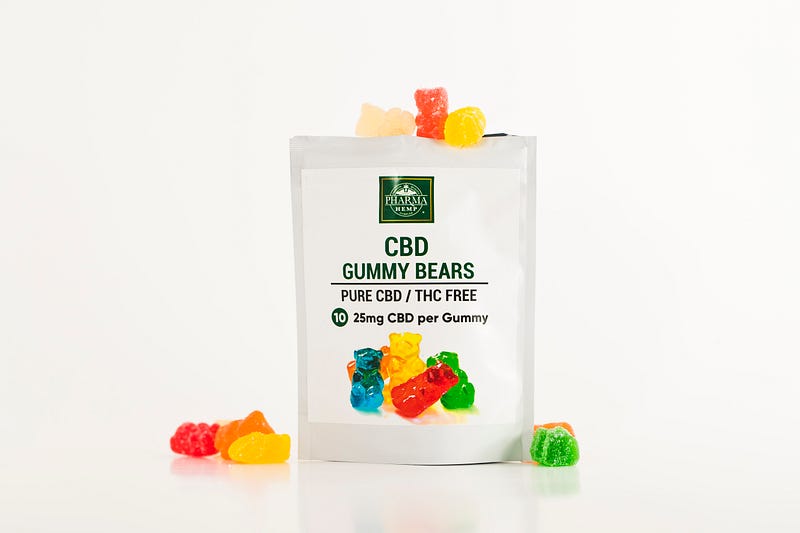# CBD's Role in Driving: What Recent Research Reveals
Written on
Chapter 1: Understanding CBD and THC
Recent studies have sparked discussions about cannabidiol (CBD), a non-psychoactive compound from cannabis that has surged in popularity. Many people believe that CBD can negate the intoxicating effects of delta-9-tetrahydrocannabinol (THC), the principal psychoactive component in cannabis that induces a "high."
A significant study published in the Journal of the American Medical Association explored this assumption in the context of driving. The findings revealed that CBD does not alleviate the impairment caused by THC.
In this study, 26 healthy adults inhaled four distinct types of vaporized cannabis on separate occasions, followed by a driving assessment. Each cannabis variant contained varying proportions of CBD and THC.
The driving evaluation involved two 100-kilometer (approximately 62 miles) trips: the first conducted 40 to 100 minutes post-vaping and the second four to five hours later. Notably, real-world conditions were prioritized over driving simulators, as they provide a more accurate reflection of drug effects on driving. The trials took place on public highways in the Netherlands, under the supervision of a licensed driving instructor who maintained control of the vehicle when necessary. Safety concerns led to the termination of 8.5% of the test drives.
Participants were instructed to maintain a steady speed of 95 kilometers per hour (about 59 mph), keeping the vehicle centered in the lane while allowing a meter of space on either side. A camera mounted on the car assessed lane discipline and any swerving or overcorrection.

Chapter 2: Key Findings on Driving Impairment
The results were groundbreaking, providing the first documented evidence that CBD, when used independently of THC, does not impair driving capabilities. Conversely, participants exhibited significant driving impairment following the consumption of THC alone, particularly during the initial driving assessment, with effects diminishing by four hours post-vaping.
Interestingly, when participants inhaled a mixture of equal parts THC and CBD, the driving impairment mirrored that observed with THC alone. This suggests that CBD does not counterbalance the driving effects of THC.
Researchers speculate that while CBD may lessen the euphoric sensations associated with THC, it does not improve driving performance, potentially leading individuals to underestimate their level of intoxication.
The research team intends to explore higher doses of CBD to determine if the 13.75 mg dosage used was insufficient to reveal any effects. They also plan to investigate whether regular users of medicinal CBD or recreational cannabis may experience different outcomes compared to occasional users.
This video discusses whether CBD gummies could cause a failed drug test, shedding light on misconceptions regarding CBD's effects.
This video highlights the stringent zero-tolerance policy for THC among CDL drivers, emphasizing the implications for those using cannabis products.